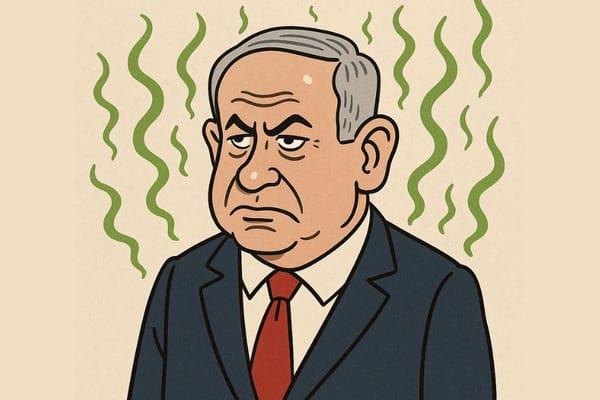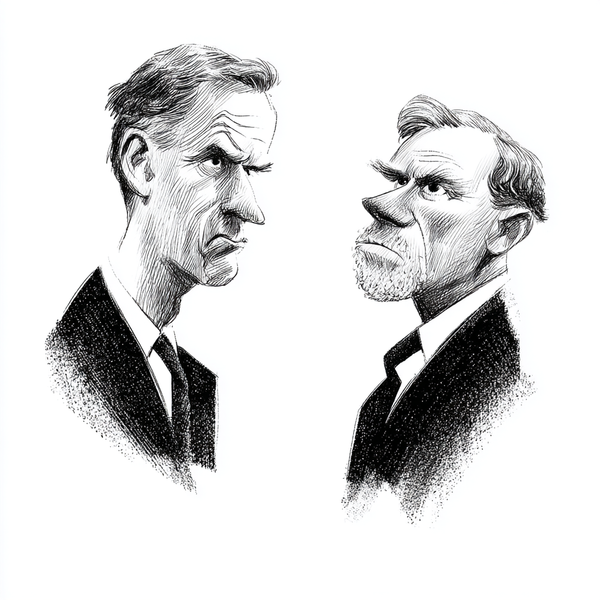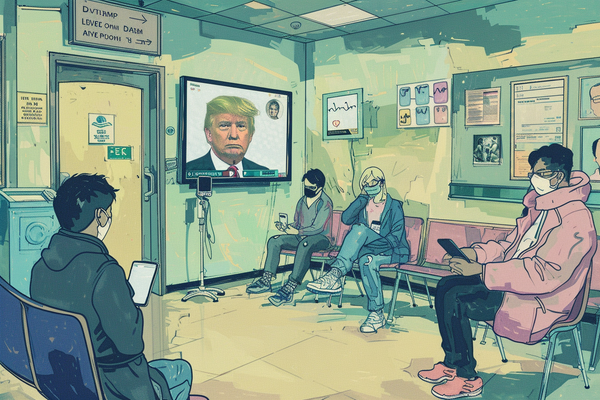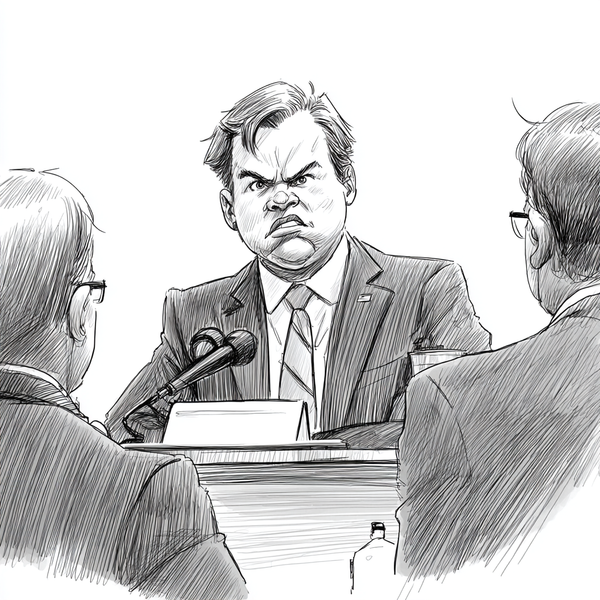In a recent discussion, Vice President JD Vance asked aloud:
“Who would we even negotiate with to run a Palestinian state?”
The remark landed as both dismissive and telling, carrying the implication that Palestinians lack legitimate leadership or governance structures. But it also arrives at a particular moment in world politics: more countries are recognizing Palestine, and the United Nations edges closer to formally addressing Palestinian statehood. Against that backdrop, Vance’s question deserves a closer look—not for what it says, but for what it reveals.
The Excuse Behind “No One to Negotiate With”
As more countries formally recognize Palestine, the question of leadership grows sharper. The U.S. and Israeli governments often insist that “there is no one to negotiate with.” But “no one” is not the same as “no one left.” The absence of leadership is not organic. It is manufactured through decades of blockade, bombing, and targeted erasure of civil society.
What Is Psychological Leakage?
Psychological leakage: a term from political psychology that describes how hidden intentions are revealed through patterns of behavior, even when not openly stated.
If the real goal is to prevent a Palestinian state, you don’t need to announce it. You only need to eliminate hospitals, schools, press offices, cultural centers, and mosques—every site where leadership and community might form. The destruction itself reveals the intention.
From History to Speculation
Everything from here on is speculation. But history teaches us that political uprisings rarely begin in parliaments. They begin in churches, community centers, student unions, and living rooms. Martin Luther King Jr. organized from pulpits. South African anti-apartheid leaders relied on schools and union halls. Across the world, movements start where communities gather.
Now imagine that every one of those hubs had been bombed. Imagine if the churches of Montgomery had been leveled before the civil rights movement could take root. Imagine if the schools and newspapers that sustained South African resistance had been erased. Would those movements have stood a chance?
The Erasure of Hubs in Palestine
This is the reality in Gaza and the West Bank today. Hospitals, schools, press offices, and cultural centers have been systematically targeted. Journalists killed. Students displaced. Doctors working from rubble. The very spaces where leadership might form, where continuity might be passed on, where a future state could take root—gone.
And here it is critical to say: the leadership being erased is not Hamas. It is the leadership of teachers, journalists, doctors, cultural organizers, and civil society figures who represent Palestinians today. It is the leadership that might have carried a different vision forward, leadership rooted in the lived reality of communities rather than the politics of armed factions.
Glimpses Beyond Hamas
There have been moments when Palestinians themselves have risen to protest Hamas’s governance, demanding accountability, electricity, food, and freedom. These glimpses matter: they show a population capable of imagining leadership beyond Hamas, of seeking a state that represents them fully. But each time those voices emerged, the response was not support from the international community; it was a harsher blockade, tighter restrictions, and engineered starvation.
How can any human being think of building community, leadership, or the foundations of a state under those conditions? When survival itself is rationed, when calories are counted at the border, when protest is met with both local repression and international punishment, the possibility of forming a truly Palestinian government, separate from Hamas, remains suffocated.
The Manufactured Absence
So when JD Vance asks, “Who would we even negotiate with?” the answer is tragically clear: perhaps no one, because those who might have stepped into that role, and the institutions that would have held them, have been deliberately dismantled or starved into silence. The absence is not proof of Palestinian incapacity. It is evidence of what happens when people are denied the places, the nourishment, and the freedom to become whole.
Written by








